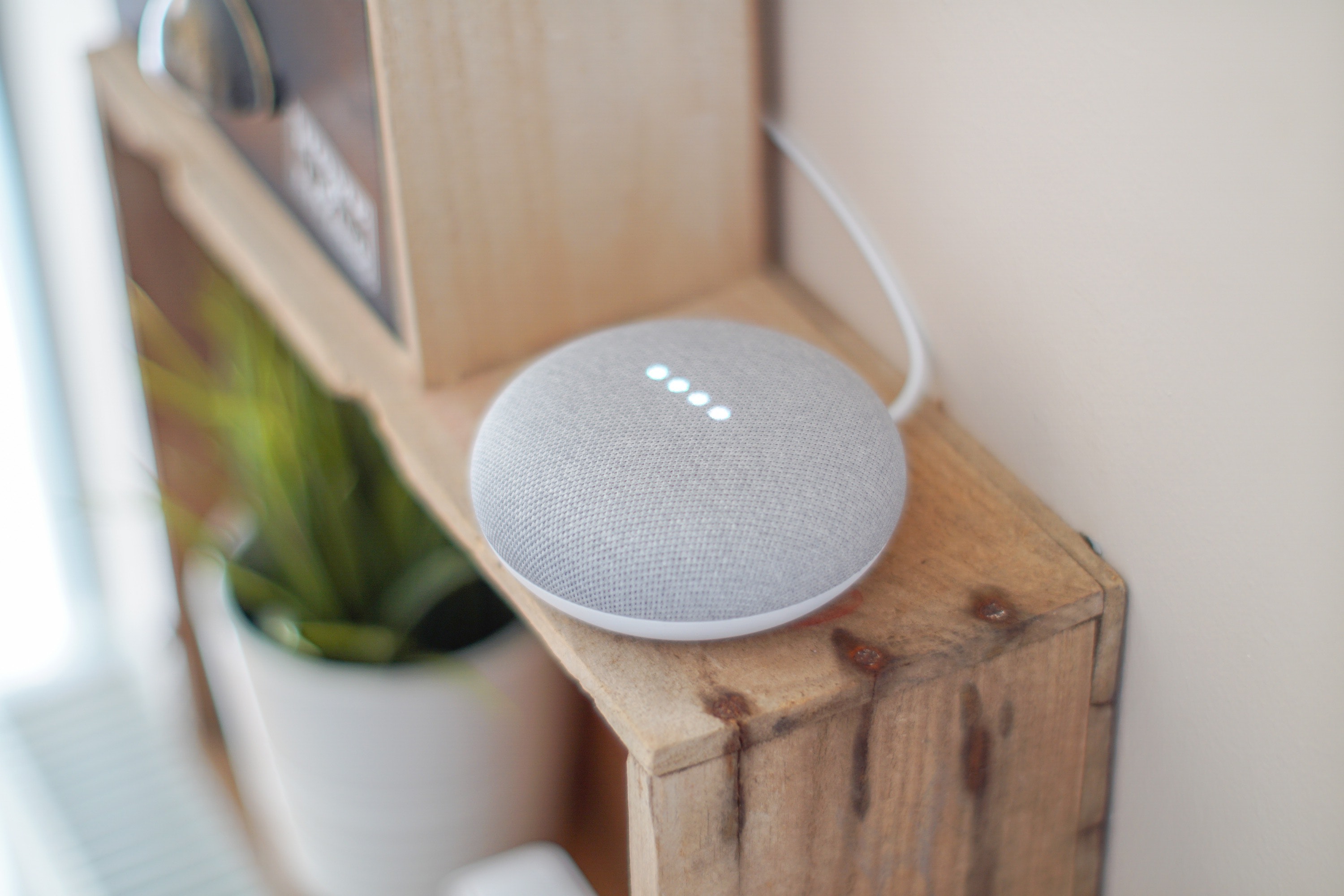Most of us already know that voice search is a “thing” and it continues to grow in popularity and importance.
Voice search is here to stay.
The growth of voice search in 2019 continues, even as traditional desktop an mobile searches remain strong.
However, traditional search is starting to have to share a piece of the pie as an increasing number of voice search options are gaining a strong presence.
Based on some research, there is more than enough evidence to show that this type of search will continue to grow and become more prominent over the years to come.
Marketers will need to become more prepared to adjust their digital strategies around this. A few stats:
- 50 percent of all searches will be voice searches by 2020.
- 57 percent of smart home speaker owners have made a purchase using their device.
- 24 percent of smart home speaker owners use their device nearly every day, while 29 percent use it several times a day.
However, although we know voice search queries are growing by the number and in importance, the caveat is there is no solidified way for marketers to track analytics around voice search, yet.
Voice search is really just a keyword, fired through a different medium. But there are no robust reporting platforms out there covering it.
For now, the closest workarounds when it comes to determining if a user came to a site via voice search is taking a gander into Google Search Console to see which queries seem more long-tail and conversational, ones in which a person would most likely be speaking, instead of typing.
However, this is still really just a guessing game. Google Search Console sometimes filters out exceptionally long queries that would be more likely to come from someone speaking to a voice assistant partially because they are not used as often as other search terms.
Thus, this does not provide a good overall insight into all voice search queries.
This means that marketers cannot heavily rely on any tool for solidified guidance to crafting data-backed digital voice search strategies.
This is not ideal given the drastic rise in voice search.
Having more concrete data around voice search is imperative, and it’s necessary now for many reasons. Here are four of them.
1. Voice Search Analytics Can Be a Data Gold Mine for User Intent
As voice search continues to grow, it will become more urgent to fully understand user intent. This is to provide the best possible search results for users, all based on key phrases and long-tail keywords.
There is an inherent way that people search differently between voice and text.
As digital marketers, we need to understand this difference (and the analytics behind the frequency of various types of searches) to create the best possible experiences for users.
Research collected from voice search assistants, such as Microsoft’s Cortana, have demonstrated that search term length for text-based phrases is usually quite short, averaging about 2 words.
One of the most significant differences seen in text and voice search is in differences in “computer language” and conversational speak.
Typed searches often include phrases like “New York Travel Deals”, whereas voice searches conversational questions such as “what are the best travel deals for New York in the summer?”
The detail that is often included in conversational queries is crucial for marketers, as this can help provide more insight into the intent of the user.
2. Voice Search Analytics Can Provide Guidance for Local SEO Strategies
Data collected from voice search is particularly important for local businesses. BrightLocal recently conducted a study with some pretty strong figures to prove why:
- 58 percent of consumers have used voice search to find local business information within the last year.
- 46 percent of voice search users look for a local business daily.
- 27 percent visit the website of a local business after conducting a voice search.
- 76 percent of smart home speaker users conduct local searches at least once a week – with 53 percent performing daily searches.
This data helps to show that voice search is oftentimes hyper-local. There is a large number of users that use voice assistants to ask for directions or for businesses near their location.
These searches often involve searches asking for information such as hours, services, directions, etc.
Having insights and data into which hyper-local queries users are using voice search the most often for can provide crucial intel into local search optimization strategies to pursue or to grow.
Marketers can build out localized strategies that have high conversion potential by:
- Looking at voice results for “near me” searches.
- Assessing how competitors are performing for similar terms in which the query has a high intent and is further down the search funnel can help

3. Voice Search Analytics Can Help Map Out Content Strategies
Having insights into what users are searching via voice is critical, as well as what Google is returning for those results as well.
Google frequently features “position 0” results for voice search queries.
HubSpot conducted a study of high-volume keywords showing that ranking #0 produced a 114 percent boost in click-through rate (CTR).
Having analytics behind what these queries are and what types of featured results are returned will help marketers adjust their strategies and optimizations around which on-site content to prioritize for voice results.
4. Voice Search Analytics Helps Paint A More Complete Picture of Attribution
Today’s world is a multi-device media environment. No longer are the times of singular session, singular device conversion paths.
The way people search has changed drastically over the years, and we need to be able to measure it.
Having voice search analytics can help marketers understand a person’s full path-to-purchase across device types.
It also allows marketers to have a better understanding of how much and what types of conversions can be attributed to voice search queries.
Summary
Voice search analytics will be a game changer when it comes to guiding digital marketing strategies.
Tools that can provide actual data behind voice search, its uses and the patterns of user behavior associated with voice search can serve as an informational, strategic goldmine for marketers.
Having these more solidified insights into how users are utilizing voice search and what they are using it for the most will help provide marketers with the intel that they need to create better content and experiences.
More Resources:
- 5 Voice Engine Optimization Strategies to Get Ahead
- 3 Content Optimization Tips for Voice Search Success
- Voice Search Optimization: 6 Big Changes You’ll Need to Make
Image Credits
In-Post Image: Pexels.com




